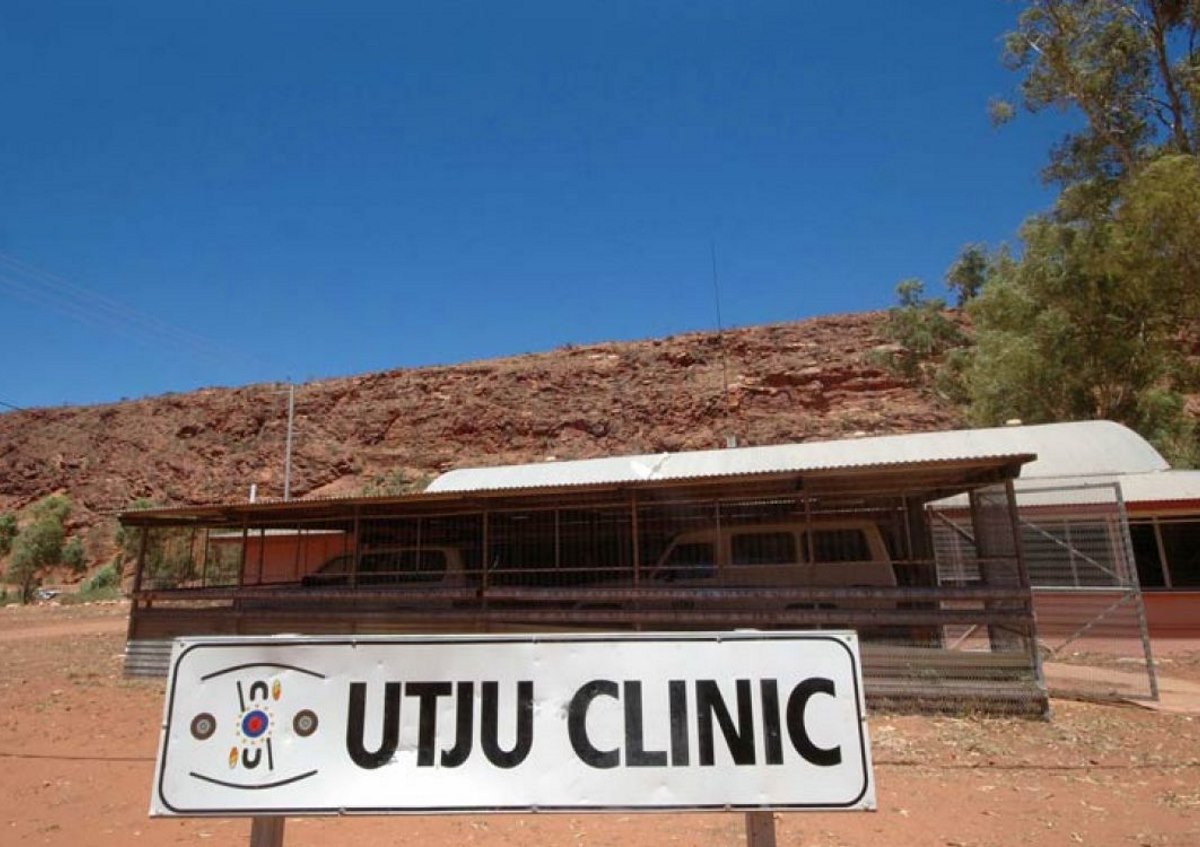
In partnership with Central Australian Aboriginal Congress (CAAC), Northern Territory General Practice Education (NTGPE), and the Northern Territory Primary Health Network (NTPHN), the Flinders Northern Territory, Regional Training Hub (FNT RTH) is piloting a program for Advanced Training in Remote Aboriginal Health with a strong focus on rural generalist training for very remote areas.
These communities have predominantly Aboriginal populations and are where the rural generalist operates as a solo medical practitioner or a member of a very small team, without immediate access to a local regional hospital. In consultation with the GP Colleges: The Royal Australian College of General Practitioners (RACGP) and Australian College of Rural and Remote Medicine (ACRRM), this program is designed to augment their advanced skills training in Aboriginal and Torres Strait Islander Health.
Three Registrars who already had some experience in working in remote communities and who expressed an interest in finalising their advanced skills training in Aboriginal and Torres Strait Islander Health were identified and recruited to take part in the project. They are undertaking courses on emergency medicine, building confidence, x-ray and language intensives that have been tailored to meet the individual community’s needs.
The program will allow the doctors to apply a full and evolving skill set that increases professional satisfaction, productivity and rural retention, enabling stable models of team-based care and reducing reliance on locums. This has a flow-on effect to supporting quality rural learning environments for students, doctors in training and other professionals. An expected outcome will be to minimise the need for patients to leave their community for appointments.
Culturally safe practice with increased community engagement is also necessary to produce a sustainable and resilient workforce model that meets the needs of remote communities. Two-way learning is an essential part of the training model with the community members sharing their knowledge. Doctors will obtain an understanding of the role and significance of traditional healing provided by the Ngangkari and the context of the communities and environment in which people live.
At a recent meeting it was agreed that sharing this knowledge could happen through the Community Boards and that there was a need for a structured network for the Ngangkari which is embedded in clinical services. To ensure the program is responsive to the needs of the doctors and the community it is being evaluated on an ongoing basis by the communities, the trainees, CAAC and NTGPE.
Other Aboriginal community-controlled health services have expressed interest in taking part in the next stage of the program with several registrars ready to commence in 2020. The program will continue in Central Australia.
Hear from some of the doctors undertaking the remote training:

